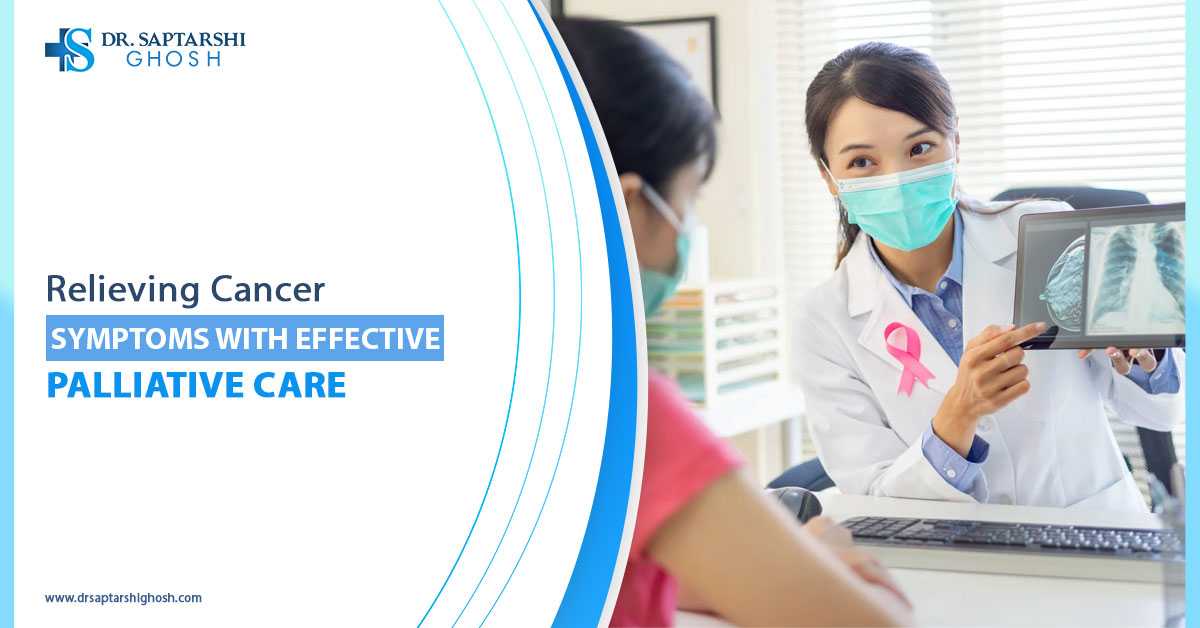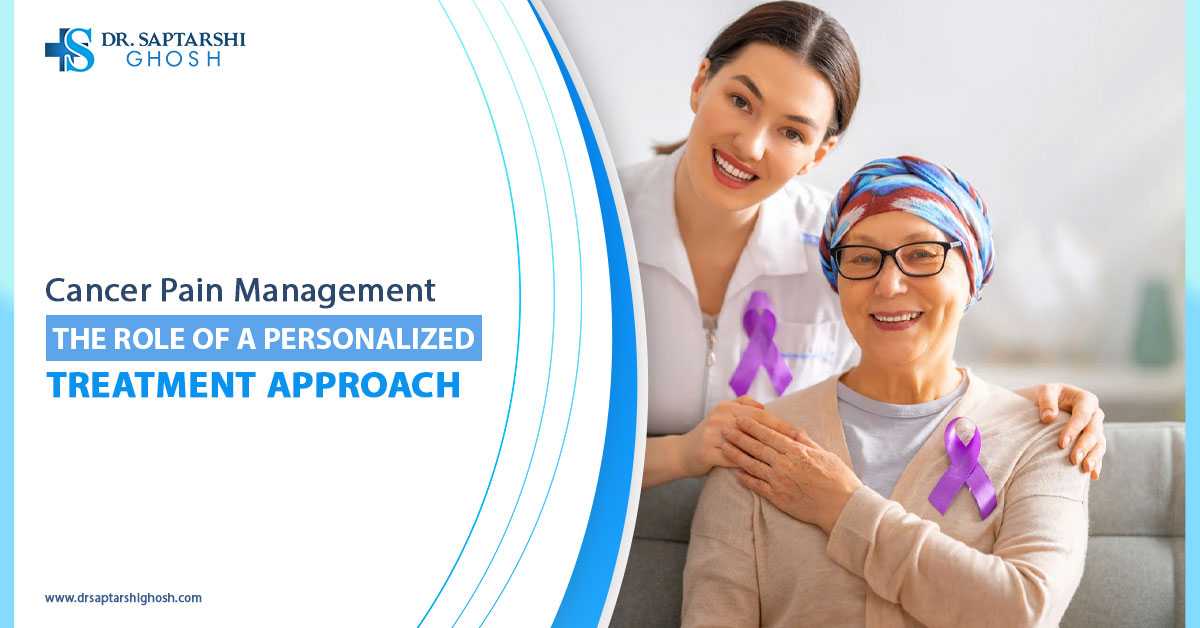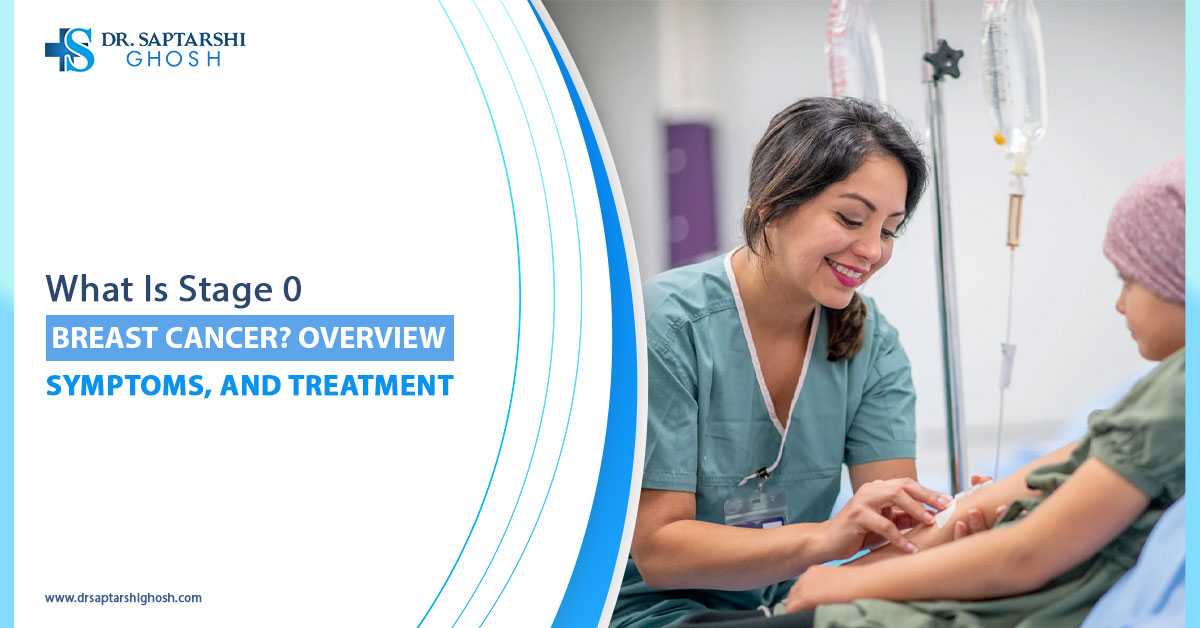Cancer remission can extend for months or even years. After the cancer treatment is over, follow-up care includes visiting your doctor for routine examinations. Bloodwork, among other tests and procedures, may be part of these examinations to monitor for any changes in your health or any side effects of your cancer therapy.
Ongoing health monitoring and medical advice ensure your physical, emotional, and psychological well-being. Your doctor may adjust medicines or order further or regular tests to keep track of your progress after cancer treatment. Oncologists at the top cancer hospital in Siliguri offer comprehensive medical care and guidance for better optimal recovery and cancer management.
Understanding Cancer Remission – What Is It?
When cancer therapy reduces or removes the cancer present in the body, it means cancer remission. Complete remission means that there are no cancerous symptoms, whereas partial remission indicates that the cancer has shrunk or ceased to spread.
You might be in remission for months, years, or even your entire life. It's important to remember that remission does not necessarily imply cure. Because cancer cells can occasionally go undetected or remain dormant, follow-up care is crucial.
-
Overview of the Types
There are main two kinds of cancer remission after treatment:
Partial Remission: In partial remission, the disease remains present but the tumour has shrunk, or the cancer has spread less widely throughout the body. As long as the cancer does not spread, you may be able to stop therapy if you are in partial remission. Partial remission in cancer treatment talks about the cancer that responds well to treatment and has become smaller.
Complete Remission: This means that all indications of your cancer have been eliminated by testing, physical examinations, and scans. It is called NED, or "no evidence of disease”, another term used by certain medical professionals to describe total or complete cancer remission. That does not imply that you have been cured. However, it doesn’t mean you’re cured as a result.
Many doctors avoid using the phrase "cured" since they have no means of knowing that all of the cancer cells in your body have disappeared. Therefore, routine medical visits and tests are vital even if you’re absolutely fine with no symptoms.
What is Cancer Recurrence? – The Importance of Ongoing Medical Care
-
Overview of Recurrence
In cancer treatment, the term recurrence means the cancer has come back or returned. After therapy, certain cancer cells may continue to stay in the body undetected for years. A "recurrence" occurs when a cancer returns after being in remission.
These cells may be located in a different area of your body or in the same location where your cancer initially started. Nevertheless, for unknown reasons, they eventually kept growing, which led to the cancer recurrence. The growth of cancer cells after a certain period of time causes symptoms.
Your cancer specialist or medical facility will keep an eye out for any signs of malignancy or treatment-related side effects. Imaging tests, blood tests, and physical examinations are examples of follow-up tests that can provide your cancer specialist in Siliguri with vital information about your progress and health status.
Based on test reports and symptoms, your oncologist may start treatment again if necessary. Even if you don't have any symptoms, it's important to undergo all the necessary exams advised by your doctor.
-
Why Ongoing Care and Monitoring are Important
Regular follow-up treatment becomes essential to survivability after cancer remission. The purpose of this stage is to:
-
Early cancer recurrence diagnosis.
-
Control therapeutic side effects over time.
-
Keep track of the mental and emotional well-being.
-
Encourage general well-being by making lifestyle changes.
-
Examine these points in further depth and treatment if necessary.
You can enter remission with the use of many treatments. The treatment will be a patient-centric care. This may include:
-
Surgery
-
Medications such as targeted treatments or chemotherapy
-
Radiation therapy
-
Hormone treatment
-
Immunotherapy
-
Stem cell or bone marrow treatment
You may have more than one treatment, such as a combined cancer therapy (surgery and chemotherapy or radiation). Consult your doctor at the leading cancer hospital in Siliguri, North Bengal.
Follow-Up Appointments After Cancer Remission: What to Expect
For patients in remission, the best cancer hospital in Siliguri and doctors frequently create a customized follow-up plan. The kind of cancer, the stage of diagnosis, and the therapies received all influence the strategies that your doctors prepare. Typical follow-up care includes:
-
Medical History and Physical Exams: In order to spot any signs of cancer recurrence, cancer doctors look over your medical history, look for any new symptoms, and perform physical examinations.
-
Imaging and Diagnostic Tests: Routine scans, such as CT, MRI, or PET scans, can help keep an eye out for any indications that cancer may be returning. Tumour markers may also be monitored by blood tests recommended by your oncologist.
-
Expert Consultations: To treat certain side effects, you may consult with cardiologists, endocrinologists, dietitians, psychiatrists, or neurologists, depending on your course of treatment.
How to Maintain Remission
To support your recovery and long-term healing, stick to a healthy lifestyle after cancer remission. Follow these healthy steps:
-
Consume meals rich in whole grains, fresh fruits, and fresh vegetables.
-
Have a proper amount of protein from foods that are fresh and easy to digest.
-
Practice gentle or mild exercise initially to keep your health in check, like gentle yoga and walking.
-
Avoid smoking, or stop if you already do.
-
Avoid alcohol completely or caffeinated products.
-
Make a proper sleep routine, which should be a priority that promotes general healing.
-
Join a support group for cancer survivors or attempt stress management.
Although cancer remission is an important milestone, the road is not over yet. Your long-term commitment to your health is vital. From routine health check-ups to diet and lifestyle, loved ones should create a supportive environment for cancer survivors because together we can make the world a better place.
Comments (0)






